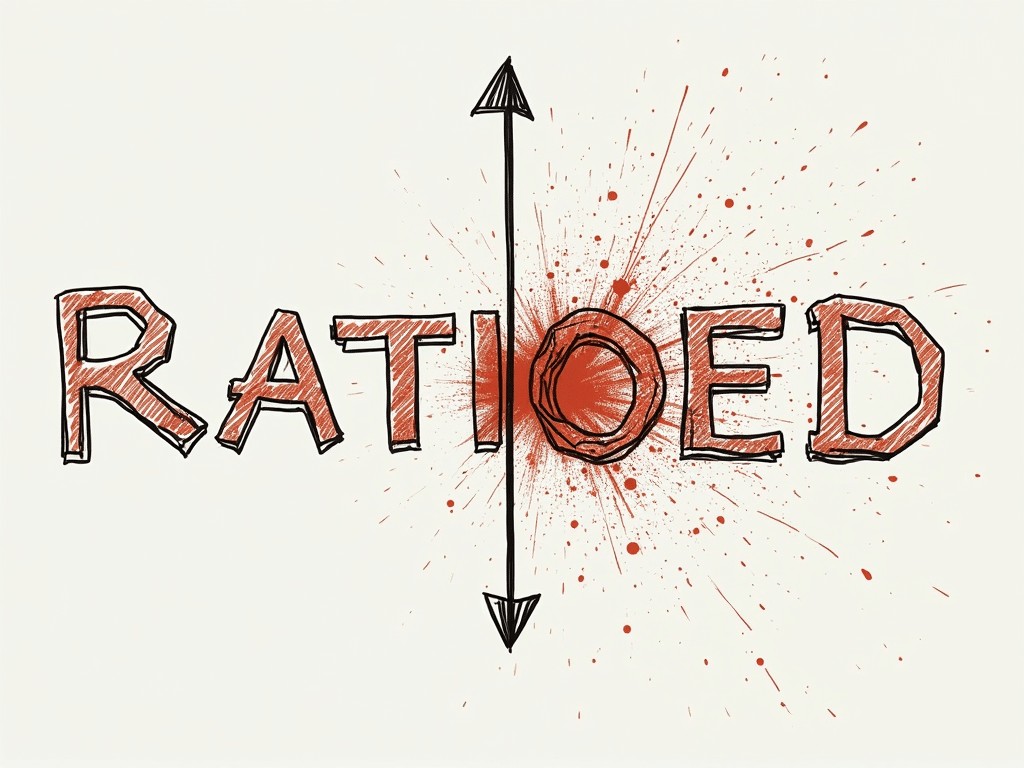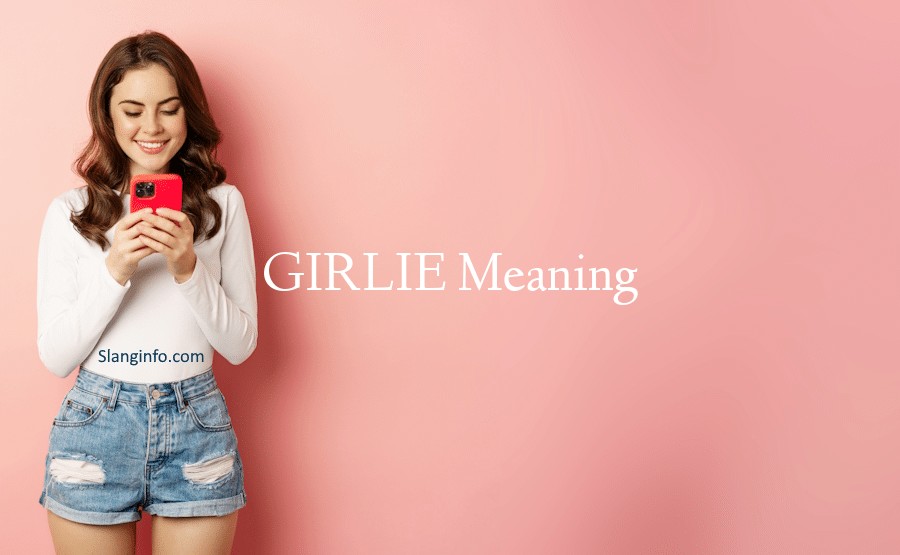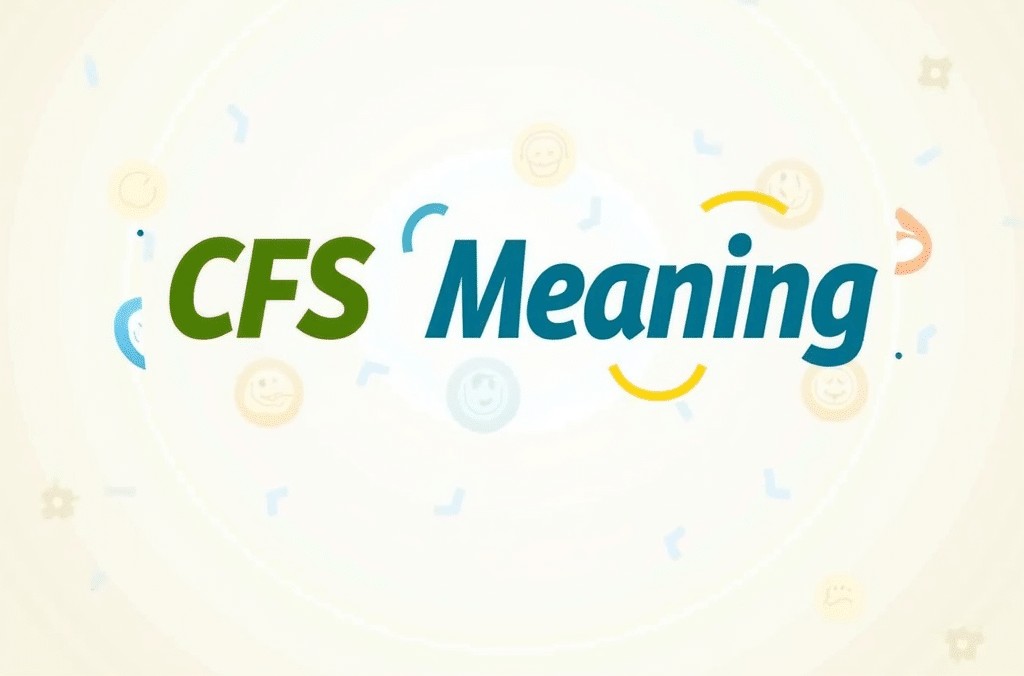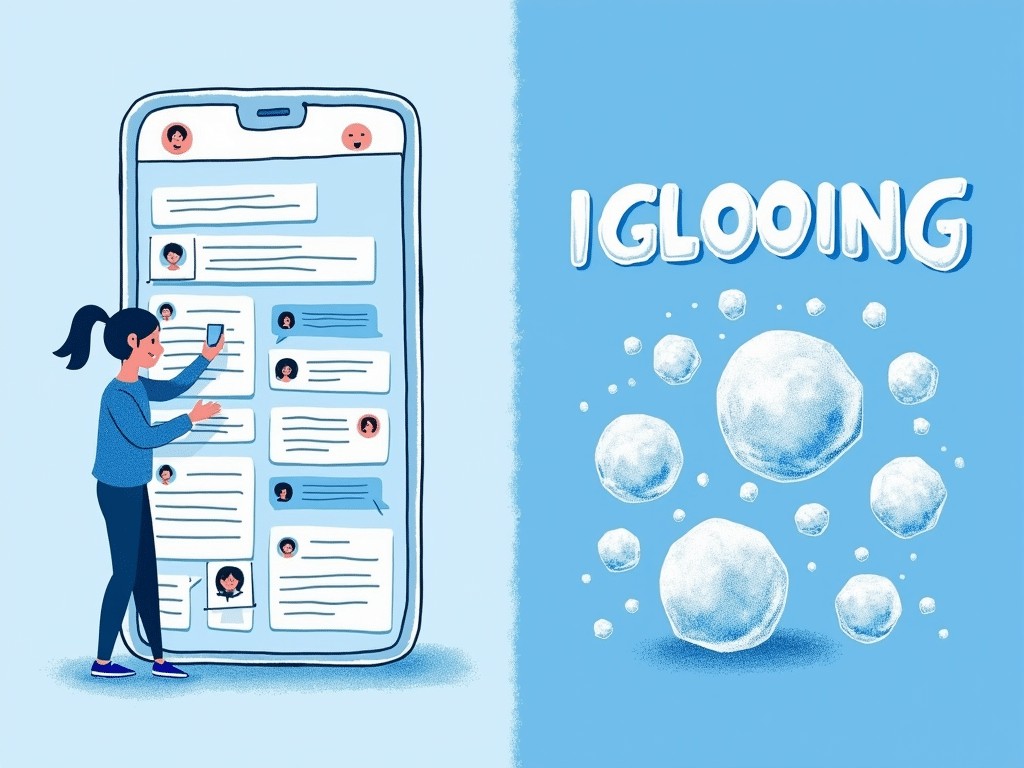What is Aphasia?
Ever found yourself in a convo where words just won’t come out, almost like you’re talking in code? 😅 That’s kind of what living with aphasia might feel like. No, it’s not a fancy new TikTok dance—it’s a serious language disorder that can totally throw a wrench in communication. Let’s dive into the ins and outs of aphasia, and maybe even arm you with some knowledge to impress your friends or help someone who might need it.
Understanding Aphasia
Aphasia is a language disorder triggered by sneaky damage to specific areas of your brain responsible for processing language. The most common cause? A stroke. Other culprits can be traumatic brain injuries or neurodegenerative diseases like Alzheimer’s. It’s like a phone that’s just out of service—communication gets disrupted, making it challenging for people to speak, understand, read, or write.
Key Takeaways Table
| Meaning | Usage | Example |
|---|---|---|
| A language disorder caused by brain damage | Used to describe language difficulties | She was diagnosed with aphasia after her stroke. |
| Can affect anyone, especially older adults | Describing who is at risk | Did you know over 1 million people in the U.S. live with aphasia? |
| Two main types: Fluent & Nonfluent | Clarifying types of aphasia | Broca’s aphasia leads to short sentences; Wernicke’s makes it hard to understand! |
Aphasia Meaning
So, what exactly is aphasia? In simple terms, it’s when brain damage messes with your ability to communicate. This often happens in the left hemisphere of the brain, where language processing kicks in. Imagine trying to text your friend but your phone just won’t let you type. You know what you want to say, but it’s stuck in your brain.
Aphasia Meaning in Text
In the digital world, saying you have aphasia brings up immediate feelings of confusion and misunderstanding, like when you’re left on read. It’s a real struggle for individuals who live with this condition because typical modes of communication—like texting, social media posts, or even tweeting—might become frustrating or impossible.
Aphasia Meaning in Instagram
On Instagram, you might see posts about awareness days or personal stories under hashtags like #AphasiaAwareness. These posts could range from statistics to heartfelt stories, seeking support and recognition for those grappling with this language disorder.
Aphasia Meaning in TikTok
TikTok is becoming a hub for raising awareness around aphasia. You might find videos that explain what aphasia is, share experiences, or showcase creative ways for people with aphasia to communicate—think of it as reworking the TikTok trends to spotlight education instead of just dance moves! 🕺
Aphasia Meaning in Reddit
Hop onto Reddit, and you’ll find communities where people discuss living with aphasia. Here, you can read real stories, ask questions, or even find resources. It’s all about creating a supportive space where people can connect over their experiences.
Aphasia Meaning in Twitter
On Twitter, conversations around aphasia play out in threads or awareness campaigns. Quick tweets can make a big impact, whether they’re sharing facts about the condition or calling for support for research funding.
Popularity & Trends
Aphasia isn’t just some medical term you hear once every blue moon. With over a million people living with it in the U.S., awareness campaigns are making waves across social platforms. The trend picked up steam mainly due to the rise of stroke awareness—because more people are recognizing that language disorders can affect anyone, anytime.
Examples
1. Text Example:
Hey, have you heard from Jacob lately? He had a stroke and now he has aphasia. It’s tough for him to communicate.
– Here, the person is expressing concern and sharing a bit of reality about how aphasia affects communication.
2. Tweet Example:
Today I met someone who has aphasia and it opened my eyes to how challenging life can be without easy communication! #AphasiaAwareness
– This tweet highlights empathy and raises awareness, showcasing how the speaker learned about the condition through personal interaction.
Conclusion
Aphasia can turn everyday conversations into a puzzle, with words slipping away just when you need them. Understanding this language disorder not only helps us empathize with those impacted but also opens doors for better communication. If you or someone you know is navigating this challenge, it’s essential to seek support and share the knowledge you’ve gained. The more we talk about aphasia, the brighter the conversations can become—so don’t hesitate to shine a light on this crucial topic! 💡








